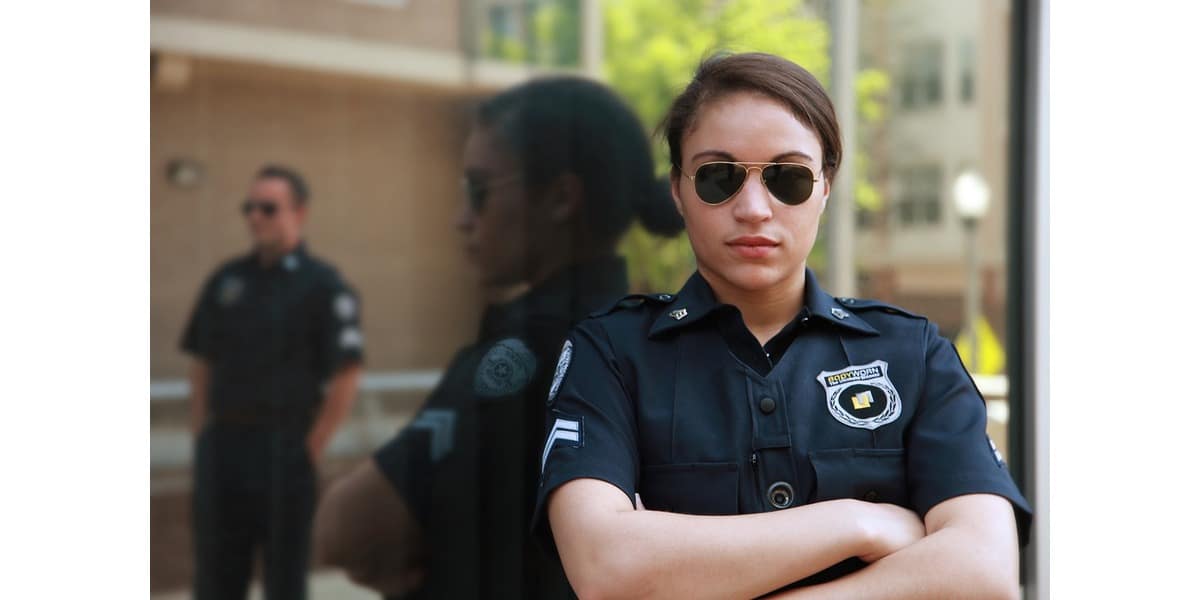An Apprehended Violence Order (AVO) is a legal instrument used in Australia to protect individuals who fear violence, harassment, or intimidation from a particular person.
The AVO effectively prohibits the respondent from behaving in specific ways towards the protected person.
However, like many legal protections, an AVO has an expiration date. An AVO in New South Wales (NSW) usually lasts for 2 years, but the court can set a different length depending on the case details.
In rare cases, an AVO can be given for a shorter or longer time based on how dangerous the situation is thought to be and other reasons
Implications of AVO Expiration for Both Parties
When an AVO expires, the prohibitions it imposes are no longer enforceable. Essentially, the respondent, or the person the order was against, is no longer legally bound to adhere to the conditions stipulated in the AVO.
For the protected person, the expiration of an AVO could mean a potential loss of legal protection against the respondent unless a new order is granted.
For the respondent they are no longer legally restricted from approaching or communicating with the protected person unless another order is in place.
What Happens to the Defendants Once the AVO Expires?
When an Apprehended Violence Order (AVO) expires, the defendants—those against whom the AVO was made—are released from the specific prohibitions and restrictions that the AVO had imposed.
However, the expiration of an AVO doesn’t provide a license for the respondent to engage in violence, intimidation, or harassment. Let’s elaborate on the implications for the defendants once an AVO expires.
The defendant is no longer legally subject to its restrictions due to an AVO’s expiration, which is the first and most noticeable effect.
This could mean they are no longer prohibited from going to certain places, interacting with certain people, or doing certain activities that the AVO restricted.
Despite the release from these legal restrictions, the defendant needs to continue behaving in a respectful and non-threatening manner towards the protected person.
The expiration of an AVO doesn’t mean that the issues that led to the AVO are forgotten or resolved, particularly from the perspective of the protected person. Any harassment, intimidation, or violence could lead to new legal actions, including another AVO.
If the defendant continues to engage in behaviours that led to the original AVO, the protected person has every right to seek legal protection again.
This could include applying for a new AVO or pressing criminal charges if the behaviour warrants such action. Thus, the defendant must understand that the expiration of the AVO does not grant them immunity from potential future legal consequences.
An AVO’s expiration might also necessitate reviewing other related legal agreements. For instance, if the AVO impacted family law orders or child custody agreements, these need to be re-examined and potentially renegotiated once the AVO has expired.
AVO Expiration Next Steps
The AVO holder may need continued protection even after the original AVO expires. If this is the case, they have several options:
- Apply for an Extension: If the threat or fear of violence persists, the protected person can apply to the court to extend the AVO before it expires.
- Apply for a New AVO: If the AVO has expired and the protected person still fears violence or intimidation, they can apply for a new AVO.
- Seek Legal Advice: In either situation, it may be beneficial to seek advice from a legal professional to understand the full range of options and potential strategies.
How Does the AVO Extension Process Work?
The protected person needs to apply to the court for an extension before the current AVO expires.
The court will then evaluate the evidence and circumstances to decide whether the extension is justified. Extending an Apprehended Violence Order (AVO) in Australia involves several steps. Here’s a general outline:
Step 1: Recognising the Need for Extension
The first step is for the protected person, or the applicant, to determine if they still feel threatened or in fear of violence, harassment, or intimidation once the current AVO is nearing its expiration date. They should consider applying for an extension if they think the risk still exists.
Step 2: Seeking Legal Advice
It’s advisable to seek AVO lawyer’s advice before starting the extension process. This will help the protected person understand the requirements and procedures and evaluate whether they have sufficient grounds for an extension.
Step 3: Applying for an Extension
The process for applying for an extension can vary slightly depending on the state or territory. Still, the protected person must generally apply to the court for an extension before the current AVO expires. This typically involves filling out a form outlining the extension’s reasons.
Step 4: Submitting Evidence
The court must see evidence that the threat or fear of violence still exists. This can include new incidents of violence or intimidation, continued fear, or a lack of change in the respondent’s behaviour or circumstances.
Step 5: Court Hearing
A court hearing will be scheduled once the application and evidence are submitted. Both parties will be expected to attend. The court will review the evidence and hear from both parties before deciding.
Step 6: Court’s Decision
If the court is satisfied that an extension is necessary for the protection of the applicant, the existing AVO will be extended for a specified period. If not, the application will be dismissed, and the existing AVO will expire on the scheduled date.
It’s important to note that the laws and procedures can vary by jurisdiction, so the exact process can differ slightly depending on where you live.
Also, the process can take time, so it’s advisable to start the application process well before the current AVO expires.
Client Facing Post-Expiration Perplexities Sought Justice Family Lawyers’ Help
In a recent case, a client sought our help as his Apprehended Violence Order (AVO) neared expiration. He wished to approach his ex-spouse to discuss parenting plans but was hesitant, fearing a breach or manipulation of the AVO.
Justice Family Lawyers provided the necessary guidance. We informed our client that he should wait until the AVO officially expires before making any contact. To ensure our client’s safety, we suggested maintaining transparent communication channels, such as emails or text messages and recommended involving a third-party mediator if necessary.
We helped our client tread carefully during this sensitive period. Justice Family Lawyers showed, once again, our unwavering commitment to safeguarding our client’s interests while upholding the law.
Are You Unsure About What Happens When Your Avo Expires?
At Justice Family Lawyers, we specialise in guiding individuals through complex legal situations like these. Reach out to us and let our experts provide the answers you need. What’s your next move when an AVO expires? Let’s answer that question together.
This guide is intended to provide a basic understanding of the implications of an expired AVO in Australia. It is always advised to consult a legal professional for personal advice, as everyone’s circumstances are unique.
Principal of Justice Family Lawyers, Hayder specialises in complex parenting and property family law matters. He is based in Sydney and holds a Bachelor of Law and Bachelor of Communications from UTS.






2 thoughts on “How Long Does an AVO Last in NSW?”
I am applying for a job in transport that does police checks,
It’s been nearly 8 years since I had an avo
Is this going to be an Achilles heel in getting the job ?
Hi Steve, you can apply online for a National Police Check to see what information will be disclosed to potential employers. This can help you understand whether the AVO or any related matters might appear on your police check.